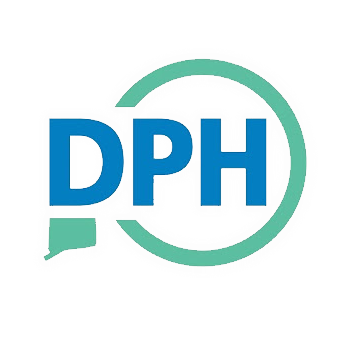Epidemiologist 4 (Toxic Hazards) (35 Hour)
Recruitment #190307-0290HC-001
| Location |
Hartford, CT
|
|---|---|
| Date Opened | 3/8/2019 12:00:00 AM |
| Salary | $83,900* - $113,650/year (*New State Employees) |
| Job Type | Open to the Public |
| Close Date | 3/22/2019 11:59:00 PM |
Introduction

The State of Connecticut, Department of Public Health (DPH) is currently recruiting for an Epidemiologist 4 within the Public Health Preparedness and Local Health Section. This Epidemiologist 4 position will be responsible for directing the Office of Local Health Administration, and administering and managing the Public Health Emergency Preparedness grant and associated programmatic activities. Responsibilities will include staff supervision and oversight, developing public health system capacity, managing and developing data systems, engaging and convening key stakeholder and agency partners, developing policies and protocols, producing statewide reports, and managing and overseeing federal and state grant funds.
Should you have questions pertaining to this recruitment, please contact Sue Ciccaglione at sue.ciccaglione@ct.gov or (860) 509-7183.
PURPOSE OF JOB CLASS (NATURE OF WORK)
EXAMPLES OF DUTIES
Schedules, assigns, oversees and reviews the work of staff; provides staff training and assistance; conducts performance evaluations; determines priorities and plans program work; establishes and maintains program procedures; develops or makes recommendations on the development of policies and standards; acts as a liaison with other operating units, agencies and outside officials regarding program policies and procedures; prepares reports and correspondence.
Conceptualizes and directs one or more major programs in area of disease surveillance, control and intervention; designs and implements special epidemiologic studies; plans and evaluates program goals and objectives; provides expert testimony in public forum or courtroom setting; writes scientific papers for publication; may teach epidemiologic related courses at institutions of higher learning; develops and implements public information programs for mass media distribution; advises local health departments, health professionals and voluntary groups on protocols for disease investigation, control and treatment; seeks to identify and evaluate new diseases or environmental exposures which may cause disease and methods of control; may represent the department to the public; may perform complex statistical analysis and oversee management of large data bases; may develop budgets, grants and contracts; may develop departmental policies regulations and legislation; performs related duties as required.
In addition to the foregoing, in the Toxic Hazards Section or its Radon Program, manages and directs investigation and control of chemical and radiologic hazards; conceptualizes programs for investigation and control of chemical and radiation hazards; supervises development of qualitative/quantitative risk assessment documents; performs related duties as required.
KNOWLEDGE, SKILL AND ABILITY
Considerable knowledge of occupational/environmental epidemiology and/or toxicology; considerable knowledge of relevant agency policies and procedures; considerable knowledge of relevant State and Federal laws, statutes and regulations; considerable knowledge of disease processes which affect humans and animals; considerable interpersonal skills; considerable oral and written communication skills; considerable statistical skills including familiarity with mainframe and/or personal computer applications and interpretation of data; considerable ability to develop, design, implement and analyze epidemiologic studies; considerable ability to recommend and evaluate intervention strategies to prevent future disease; supervisory ability.
MINIMUM QUALIFICATIONS - GENERAL EXPERIENCE
MINIMUM QUALIFICATIONS - SPECIAL EXPERIENCE
MINIMUM QUALIFICATIONS - SUBSTITUTIONS ALLOWED
1. College training may be substituted for the General Experience on the basis of fifteen (15) semester hours equaling one half (1/2) year of experience to a maximum of four (4) years' for a Bachelor's degree.
2. A Master's degree in Bacteriology, Biochemistry, Biostatistics, Environmental Science, Health Physics, Industrial Hygiene, Physiology, Public Health, Toxicology may be substituted for one (1) additional year of the General Experience.
3. A Doctorate in a related discipline such as medicine, public health or a behavioral or natural science may be substituted for one (1) additional year of the General Experience.
PREFERRED QUALIFICATIONS
• Experience in public health program administration and management including: (a) experience developing and managing federal cooperative agreements, budgets, contracts, and designing program evaluations, (b) collaborating with internal and external partners and stakeholders, (c) developing policies and standards, and (d) determining priorities and plans for program work;
• Experience developing and managing large data systems including (a) ensuring accurate, high quality databases (b) developing standardized tools for the data collection (c) training users on such systems, (d) extracting and analyzing data and results and (e) preparing reports on data measures to demonstrate progress and findings;
• Experience developing public health system capacity by (a) advising or training local health departments, and healthcare professionals and voluntary groups on protocols for disease investigation, control, treatment and response, (b) creating technical assistance documentation and protocols for such partners (c) establishing and tracking performance measures;
• Experience coordinating large statewide meetings, and convening and presenting technical epidemiological information in plain terms to a variety of audiences at the local, regional, and national level.
SPECIAL REQUIREMENTS
2. Incumbents in this class may be required to travel.
Conclusion
AN AFFIRMATIVE ACTION/EQUAL OPPORTUNITY EMPLOYER
The Department of Public Health aims to provide equal opportunity in all aspects of employment and advancement, fostering an environment committed to supporting individuals in all protected classes. If you require an aid/accommodation to participate fully and fairly, please contact the Human Resources Office at (860) 509-7177.




